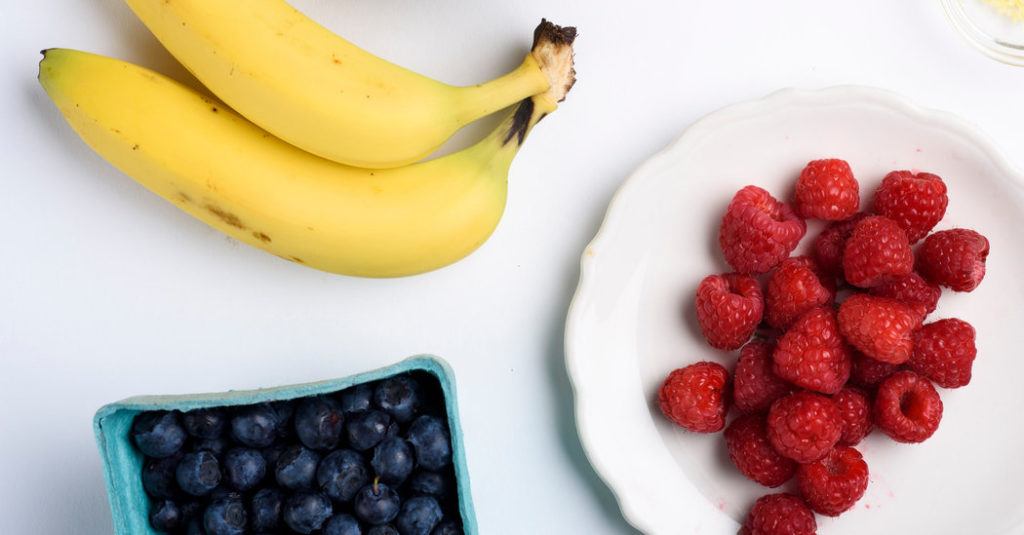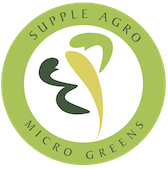No products in the cart.
Fresh vs Frozen Fruit and Vegetables — What is best for your Health?
Organic Fruits & Vegetables are always considered to be the healthy & best for holistic development. Professionals suggest keeping half of your plate with vegetables and fruits.
But, have you ever wondered why people consider fruits & vegetables the essential in our diets?
It is because they include a variety of plant foods that vary in nutrients & energy content that it provides.
Fruits & vegetables supply vitamins, dietary fiber, and minerals. These are sources of phytochemicals that function as anti-inflammatory, antioxidants, and phytoestrogens agents.
Majorly, fruits contain fibers & sugars, such as pectin which is fermented in the large intestine.
The cross sectional studies found stronger support for the protective properties of vegetables and fruits intake & prevention of diseases.
Previously, the consumption of plants, fruits, foods, vegetables and legumes was assumed to curve and prevent ailments ranging from heart diseases to headaches.
Health Professionals have concluded that fruits & vegetables are associated with the lower risk of CVD.
Nutrient Content Frozen & Fresh Fruits and Vegetables

Many fresh fruits and vegetables are picked before they actually ripe. Due to this reason during transportation, it takes time to ripen.
During the time of transportation, fresh produce is stored in a controlled & chilled environment. These are treated with chemicals to prevent spoiling.
Fruits & vegetables may spend an additional one to two days on display. Then, they are stored for another seven days in peoples’ homes before being consumed.
Frozen Fruits & Vegetables
Many fresh fruits and vegetables are picked before they actually ripe. Due to this reason during transportation, it takes time to ripen.
During the time of transportation, fresh produce is stored in a controlled & chilled environment. These are treated with chemicals to prevent spoiling.
Fruits & vegetables may spend an additional one to two days on display. Then, they are stored for another seven days in peoples’ homes before being consumed.
Frozen Fruits & Vegetables
Frozen fruits & vegetables are generally picked at the stage of complete ripeness, when it is the most nutritious.
The vegetables are washed, cut, frozen, blanched and packed within a few hours after harvesting.
Usually, fruits don’t undergo blanching, as it affects their natural texture. No chemicals are added to produce before freezing.
Though freezing helps retain the content of nutrients in fruits and vegetables.
There are certain nutrients that are lost during the process of blanching. In fact, it seems to be the greatest loss occurring during this time.
This process of blanching takes place before freezing and it involves placing the produce in boiling water for a short period of time.
It prevents the loss of colour, texture and flavour. Also, kills any harmful bacteria present.
This also results in loss of water soluble nutrients, such as Vitamin C and B.
The research also suggests that frozen produce may retain its antioxidants despite the loss of water soluble vitamins.
Fresh & Frozen Produce Nutrients Decline During Storage
Fresh Fruits & Vegetables start losing moisture after harvesting. They have a high risk of spoilage & drop in values of nutrients.
The water soluble Vitamin C in fresh vegetables begins to decline after harvesting. It continues during storage as well.
Though antioxidants like phenolics and carotenoids may actually increase.
Which is More Nutritious: Fresh Vs Frozen
Research studies show the nutrient content of fresh and frozen produce has slight differences.
The slight difference is majorly because of some studies of freshly harvested produce, which removes the effects of transport and storage time whereas others use produce from supermarkets.
Some may be because of the differences in measuring methods & processing that can vary in outcomes.
The nutrient levels of carotenoids, vitamin E & C minerals and fiber are similar in fresh & frozen produce. They are usually not affected by blanching.
Generally, frozen produce contains more Vitamin C compared to fresh produce.
The processes undertaken to freeze fresh produce may increase fiber availability by making it more soluble.
Fresh picked vegetables and fruits that are straight from the farm are of highest quality. However, if you buy from the supermarket or online it may be equal to fresh produce.
It is advised to choose a mix of fresh & frozen produce to make sure that you get the best range of nutrients.









